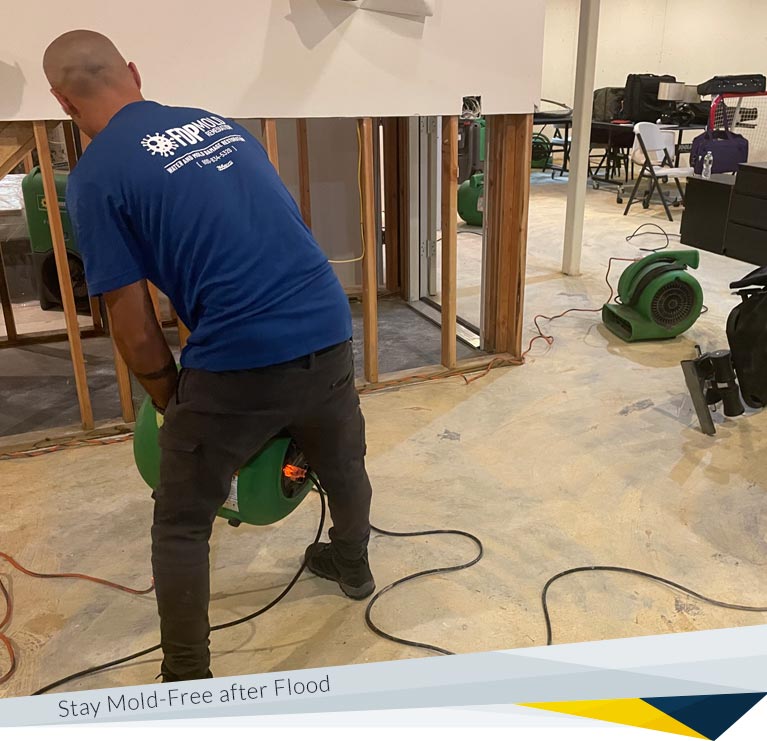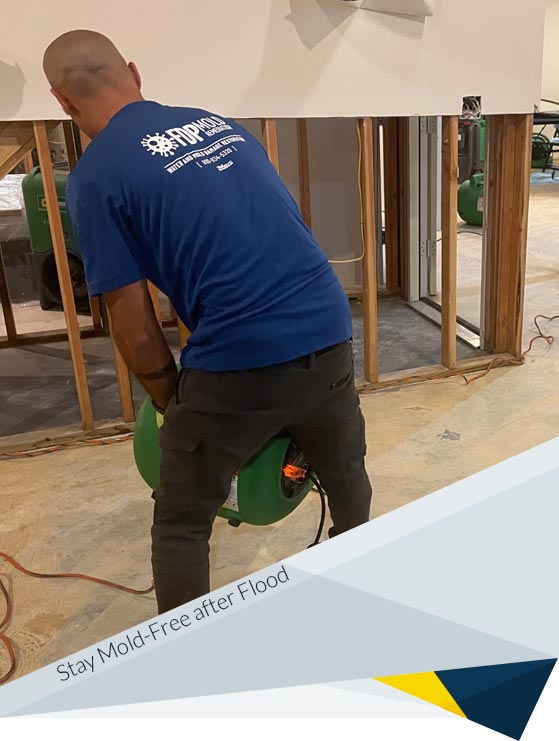
Mold growth is possible in almost every home. It can grow on any material, including wood and plastic. In such circumstances, homeowners get into a lot of trouble. Their home is infected, and all their belongings are at risk of mold exposure.
If any part of your house is experiencing leaks or humid conditions, the chances of finding mold growth on walls, ceilings, or flooring increase massively. However, another place at risk of mold growth is a flood-prone area. Flood-prone areas experience a higher number of mold attacks. These attacks are more threatening because of the dirty floodwater.
Floodwater contains germs and microscopic fungi, which enter your property during floods. Once this water enters the vicinity of your home, it starts making everyone inside sick. The atmosphere is also moist, which increases the chances of extensive mold infestation. Mold growth and humidity levels are closely linked. Thus, experts ask people to control humidity levels after any kind of flood. If you maintain the humidity, mold won't be able to settle in your home.
Sadly, floods make an area highly humid and inaccessible. The cleaning process could last several days. However, till you clean all the mess, mold settles in various parts of your home, including the basement, bathrooms, and attic.

Mold can harm anything it grows on. Similarly, it also harms you and your family members because you breathe in contaminated air. If a house has a massive concentration of mold spores, it must receive treatment, or it can lead to mold poisoning. You can easily detect the presence of mold through mold poisoning symptoms. These symptoms include itching in the eyes, sneezing, wheezing, breathing difficulties, and fatigue. Sometimes, the situation can get worse and affect your entire respiratory system. When you frequently experience such symptoms you need to test your home for the presence of mold.
Repeated exposure can increase your body's sensitivity level and make you fall sick more often. Asthmatic patients suffer from severe allergic reactions due to mildew in their homes. Mold affects everyone near its vicinity, so one must be careful. Whether you have kids or pets, they are at equal risk of exposure.
That is why experts recommend homeowners opt for timely mold exposure treatment. The moment you experience mold symptoms in your house, call for help at 877-421-2614. Delaying the matter could worsen the situation. Your illness might become chronic or leave you with permanent damage.
No doubt, like any natural disaster, floods are also deadly. They destroy your life, home, and health. The worst part, it takes weeks or months to come out of the crisis. However, if you take the correct steps immediately after a flood, your life gets better. Start by:
Humidity levels in your house increase significantly after urban flooding. In addition to humidity, dirty water enters every corner of your home. In such conditions, taking preventive measures is necessary. According to professionals, once you have cleared all the water from the vicinity, work on reducing humidity levels indoors. For this purpose, dehumidifiers are necessary. These devices absorb unwanted humidity from your home. You could hire professionals to dehumidify each spot in your home. Most importantly, don't remove the dehumidifier for the next 48 hours. After dehumidification, the humidity level is comfortable for you to be in and poses no threat.
Humidity levels in the house must be maintained, especially after a flood!
In case, you face mold problems after an unexpected flood, you will need licensed mold remediation experts. Without mold removal professionals, the cleaning task will become difficult and tiring. You might be able to remove floodwater, but getting rid of humidity won't be that simple. It could lead to significant mold growth, which should be treated in time.
Several people think of doing things themselves instead of hiring a mold remediation specialist, and that is a big mistake. An inexperienced individual cannot match the expertise level of mold removal experts. Professional cleaners mark every contaminated spot and start treating them immediately. In addition to treatment, these specialists don't let the contamination spread. So, prefer professional mold assessment and remediation, such as ours. FDP Mold Remediation offers all mold services to make your life easier.
Flooding is no doubt the worst possible thing to experience. However, its aftereffects are even worse. You get infected water, damaged homes, and the threat of mold contamination. So, take all steps for mold prevention after a flood. If mold settles in your home, removing it won't be easy. Furthermore, once a house is contaminated, the chances of needing professional services for decontamination increase.
All these conditions make it an absolute must for homeowners to learn how to prevent mold after a flood. You should start removing moisture, especially from enclosed spaces like basements. No other method could work for preventing mold after a basement flood than moisture removal.
Preventing the growth of mold is possible with timely actions. Spores don't grow before one to two days, so you will need to remove these spores within this time frame. That way, your home remains safe from extreme contamination. Still, you will need professional help for it. Our remediation experts at FDP Mold Remediation can remove every last bit of mildew from your home. Has mold started to grow after a recent flood or water leak in your home? Contact us at 877-421-2614.



